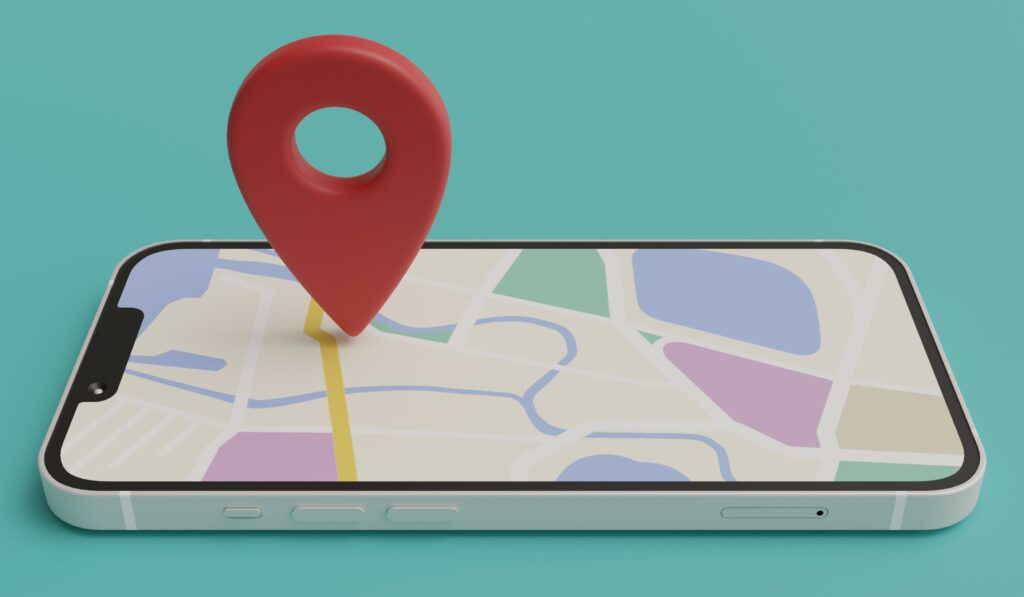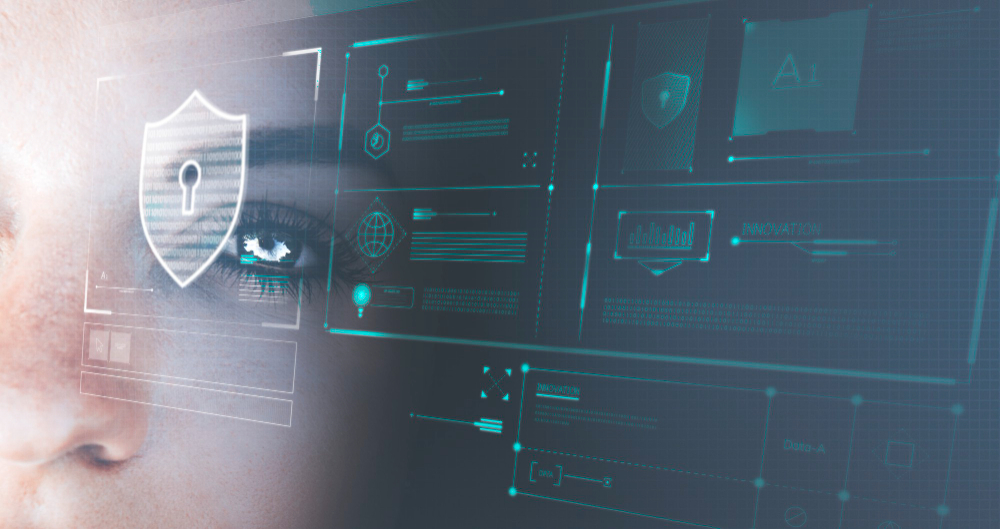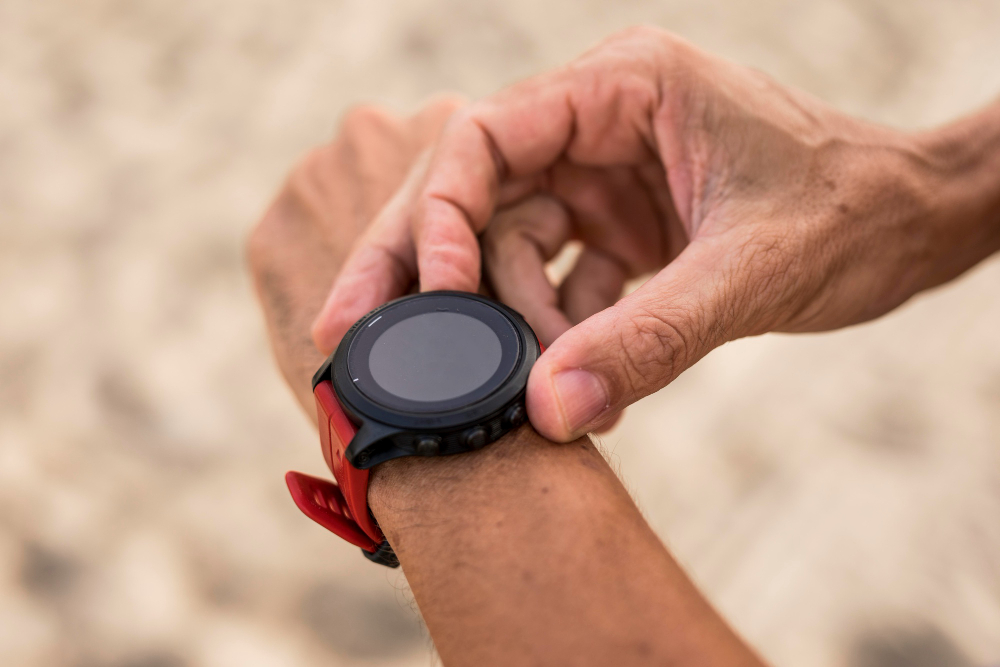Phones, Laptops, Smart Watches & Devices
Having a phone, laptop or smart device is one of the easiest ways to stay connected with friends and family, however, it can also be a way for someone to monitor or track your daily activities.
Location
Apps that can be used to check your location include Facebook and Snap Chat, Find My Phone, Find My Friends, Family Sharing, Google Maps, to name a few.
Suggested actions:
- If you are sharing your location with apps, think about whether this is necessary. If an app doesn’t require your location to function, turn it off. This can be done within the phone settings by turning off location services for that app, or for some apps it can be turned off from within the app itself.
- If you are sharing your location with other people, be cautious of only doing this with people you trust and not due to being pressured.
- Delete your internet history, locations from map apps (Google Maps, Waze), as well as ensuring this is deleted/not saved on a cloud. If you use Google Maps and the perpetrator has access to your Google Account then they will be able to view a list of recent places; ensure the information has been removed from both places.

Spyware/Hacked Devices
Spyware is software that can be used to track your location, monitor your interactions with others, or even monitor each click you make by mirroring your device with another. Spyware can be hidden and it may not be immediately obvious how to find and remove it.
Signs your device has spyware or has been hacked may include:
- device running slowly.
- device rebooting itself.
- frequently needing to close apps you haven’t opened.
- pop-up boxes from apps you don’t recognise.
- your contacts receiving messages not sent by you.
Suggested actions:
- If you find an app on your device that you have not installed, take a screenshot and delete the app.
- If you think your phone has been hacked, take it to your local service provider’s shop, e.g. Apple Store, and ask them to check for spyware. Alternatively you can factory reset your phone.
- Keep your computer or laptop updated, and regularly run an anti-virus product to ensure there is no spyware.
- Delete passwords saved in internet browsers on devices the perpetrator has access to. You can also remotely sign out of your accounts on all other devices to ensure you are no longer logged in anywhere else. Remotely sign out of iCloud or Google Chrome (Microsoft Edge cannot be remotely signed out of so saved passwords will need to be deleted).
- Change the passcode to your phone or setup your phone to use your face/fingerprint to unlock it.
- Change the passwords to all your accounts, ensuring they are not easily guessable. Use different passwords for different accounts in case one is hacked.
- Remove perpetrator’s access to any accounts.
Further step-by-step guides can be found on securing your iPhone or Android phone on Refuge’s website.

Smart Watches and Other Wearables
Smart watches and other wearable devices such as fitness trackers are useful if you enjoy going for a run or want to track other exercise, however, they can be used to learn your routine and stalk you if accessed by a perpetrator.
Suggested actions:
- Change the passwords to any wearable devices and accounts linked to them, such as Strava and Map my Run.
- Where possible, keep wearable devices away from the perpetrator and regularly check if the wearable device has been paired with any other devices or accounts that have not been linked by you.


